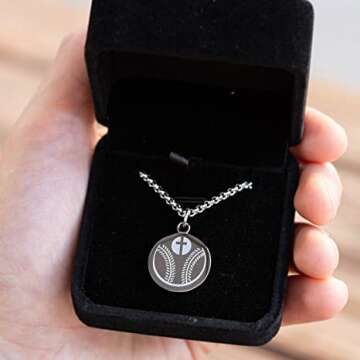The 1945 Baseball Segregation Protests
In the spring of 1945, tensions surrounding **segregation in organized baseball** reached a boiling point, leading to the planned demonstrations at two iconic stadiums: the Polo Grounds and Ebbets Field. Activists, supported by players and civil rights leaders, aimed to confront the systemic racism within Major League Baseball, challenging the exclusion of African Americans from the sport.
However, on the scheduled day of the protests, a surprising development unfolded. As news circulated, the demonstrations were abruptly called off. This decision left many activists, including organizers and supporters of the movement, feeling disheartened and questioning the commitment to social justice within the realm of sports.
Key Figures in the 1945 Protests
Among those who played a crucial role in rallying support were influential figures such as Jackie Robinson and Larry Doby, both of whom sought to break the color barrier in baseball. Following the cancellation, discussions continued among these leaders about **the challenges of integrating baseball**, which would later see Robinson make his historic debut with the Brooklyn Dodgers in 1947, marking a significant victory for civil rights advocates.
The Role of the NAACP
The NAACP (National Association for the Advancement of Colored People) was instrumental in organizing these protests. Their advocacy efforts emphasized the importance of dismantling **racial barriers in sports** and highlighted how others in the civil rights movement were looking at baseball as a critical battleground for equality. The NAACP's involvement raised awareness of the injustices within the system, despite the protests being called off.
Impact on Civil Rights Movements
While the cancellation of the protests may have seemed a setback at the time, it ultimately strengthened the resolve of those fighting for **integrated sports**. The dialogue initiated by the planned events acted as a catalyst for future actions and raised the stakes in the broader fight against racial injustice.
The Legacy of the 1945 Protests
In hindsight, the events surrounding the canceled demonstrations in 1945 contributed significantly to the momentum that would propel baseball into a new era of **integration**. The protests demonstrated the growing impatience of African American athletes and their supporters, highlighting how sports could serve as a platform for social change.
Influential Voices in the Movement
During this period, many African American players began to make their voices heard, advocating not only for themselves but also for future generations. Their commitment signified a **growing movement** that would lead the charge against racial segregation, ultimately reshaping the landscape of American sports.
Fun Fact
Jackie Robinson’s Remarkable Journey
Did you know that Jackie Robinson, who later became the first African American to play in the major leagues, faced tremendous discrimination and hostility? His legacy not only impacted baseball but also made waves in the **civil rights movement**, influencing countless others to stand up against injustice.
Additional Resources
Recommended Reading on Jackie Robinson
For those looking to dive deeper into the life of Jackie Robinson and the fight for equality in sports, consider reading "Jackie Robinson: A Biography" by Arnold Rampersad and "I Never Had it Made" by Jackie Robinson himself, which offer incredible insights into his experiences and the fight against segregation.


















 Continue with Google
Continue with Google